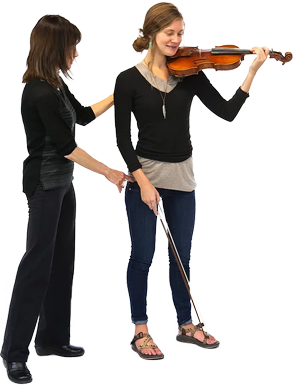Foot and Ankle Custom Orthotics:
Lynn Medoff specializes in the evaluation and treatment of foot and ankle disorders including common problems such as plantar fasciitis,achilles tendonitis, metatarsalgia, stress fractures as well as more complex foot problems that create structural abnormalities due to arthritis, surgeries or neuropathic disorders.
Evaluation:
Thorough analysis of gait, body
mechanics and shoe wear.
Treatment:
Biomechanical and gait training; foot and ankle conditioning;shoe recommendations; and the fitting and fabrication of total contact accommodative foot orthoses when warranted.
Custom Total-Contact Accommodative Foot Orthoses:
These orthoses are constructed of semi-rigid materials that absorb shock and preserve foot motion. They balance weight-bearing pressures in the foot and restore normal foot and ankle mechanics. They are effective in treating injuries of the foot and ankle as well as those caused by deformities and poor leg alignment.
Treatment of Performing Artists:
Medoff has an extensive history of training, presenting and publishing in the area of performing arts injuries. She is a classically trained dancer with a Masters Degree in Dance from the University of Illinois. Her background includes the development and teaching of the Anatomy for Dancers program at Florida State University.
Interest in working with musicians started when her daughter began Suzuki violin training. Realizing that posture and movement training could benefit musicians, she applied her work with dancers to the musician population. Medoff continues to teach master classes to pianists and string players at Northern Arizona University.
Neuromuscular Re-education:
As a dancer Medoff has been exposed to alternative body and movement therapies, which use guided imagery to teach the body to move correctly. Her physical therapy practice combines this knowledge with the hard sciences – biomechanics, kinesiology, exercise science and motor programming. This has led to the development of a neuromuscular re-training program that successfully works with several patient populations, such as performing artists, athletes, runners, the elderly with poor balance, de-conditioned and injured individuals as well as those with neurodegenerative diseases such as multiple sclerosis and Parkinson’s disease. Research supports this approach, specifically research that addresses the following:
-The importance of proximal stability
-The role of neuromuscular training
-The importance of movement re-patterning
-The importance of relating treatment to function

